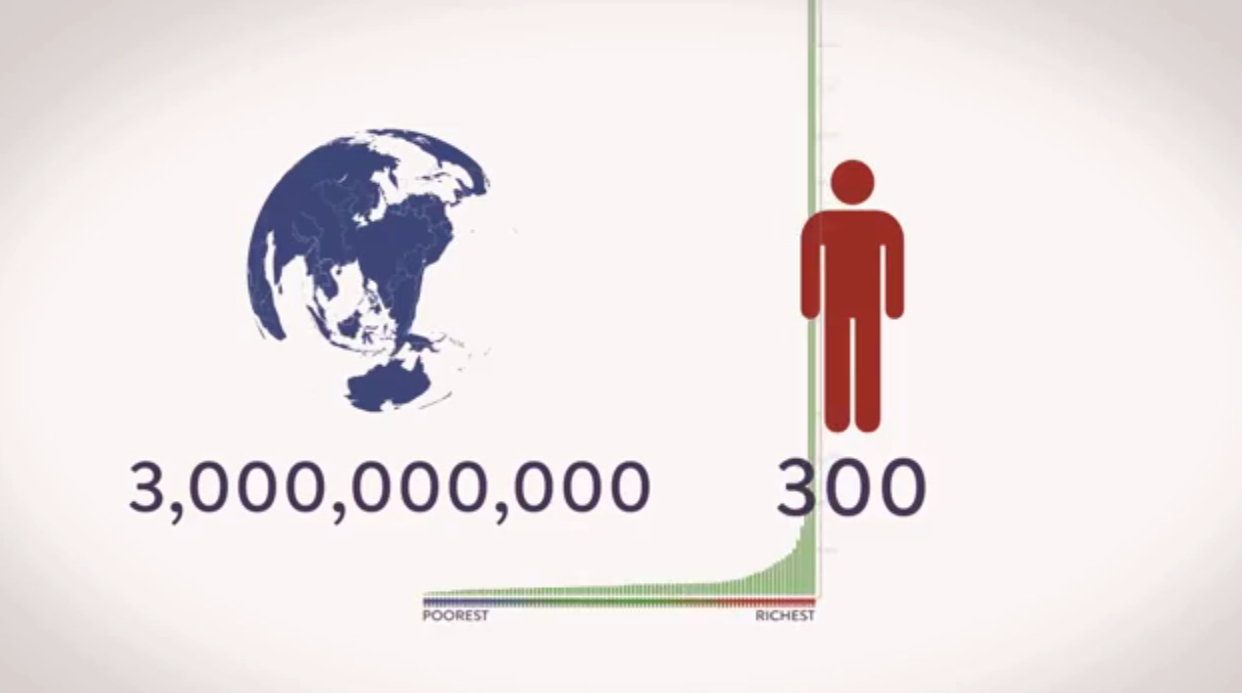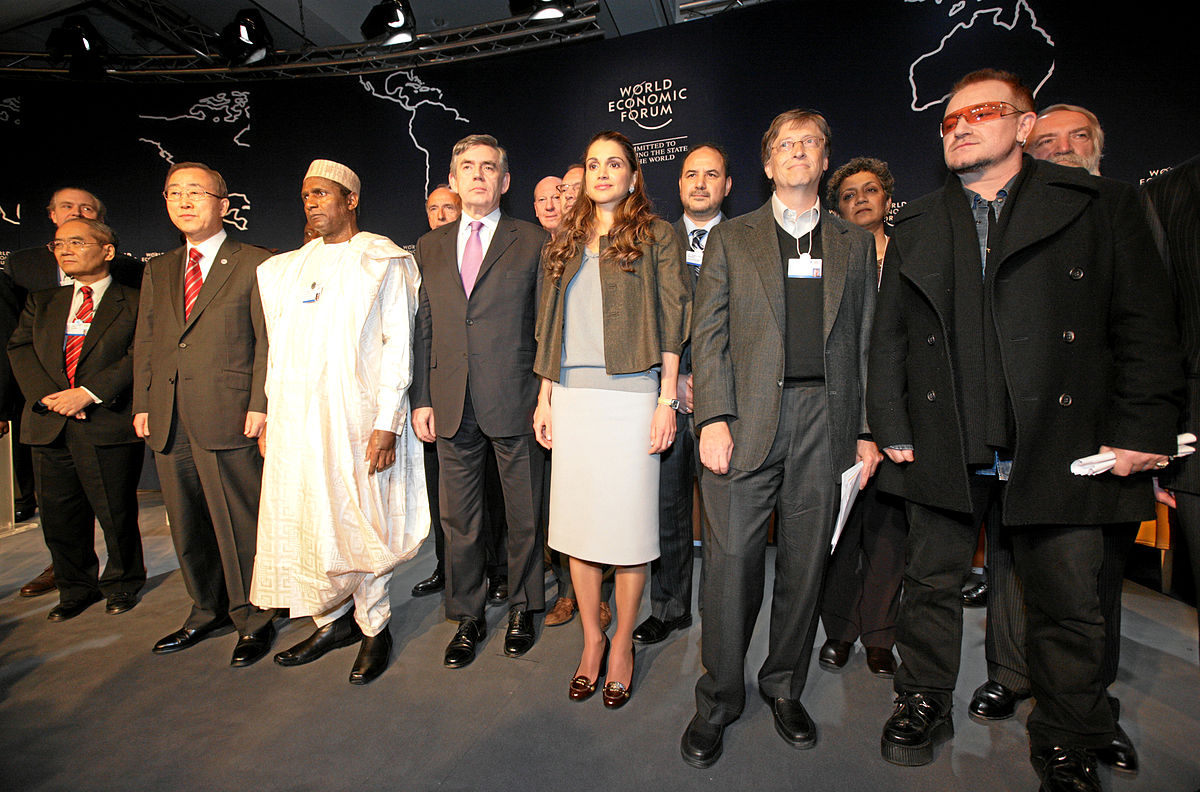
Your mind is being controlled by distant strangers who don’t have your best interests at heart. If that sounds like a paranoid fantasy, brace yourself and read on. These are the findings of a series of scientific studies that show how a few dominant institutions have the power to affect how you feel, how you act, and even how you vote – without you ever knowing about it.
Deliberate mind manipulation of the masses is, by itself, nothing new. Nearly a hundred years ago, our global mania for consumption was unleashed by the malevolent brilliance of Edward Bernays, known as the “father of public relations.” Bernays was Sigmund Freud’s nephew and used his uncle’s insights into the subconscious to develop his new methods of mind control, designed to create the modern American consumer.

Edward Bernays: the father of modern consumer culture – © Waking Times
“We must shift America from a needs to a desires culture,” declared Bernays’ business partner, Paul Mazur. “People must be trained to desire, to want new things, even before the old have been entirely consumed. We must shape a new mentality. Man’s desires must overshadow his needs.” In 1928, Bernays proudly described how his techniques for mental manipulation had permitted a small elite to control the minds of the American population:
[T]he conscious and intelligent manipulation of the organized habits and opinions of the masses is an important element in democratic society. Those who manipulate this unseen mechanism of society constitute an invisible government that is the true ruling power of this country. We are governed, our minds molded, our tastes formed, our ideas suggested, largely by men we have never heard of… In almost every act of our daily lives… we are dominated by the relatively small number of persons … who pull the wires which control the public mind.[1]
Bernays set in motion what we have all come to know as an essential part of our capitalist ecosystem: the use of mass media to promote roles, desires and status symbols that rake in profits for corporations. The chilling words of Wayne Chilicki, chief executive of General Mills, show how faithfully Bernays’ vision has been followed: “When it comes to targeting kid consumers, we at General Mills follow the Procter & Gamble model of ‘cradle to grave.’ We believe in getting them early and having them for life.” [2]
What’s changed is that a new generation of mind controllers are using the burgeoning technologies of data mining and social media to inject their power even deeper into our minds than their forebears could have dreamed possible. A modern-day Bernays named B.J. Fogg has founded a field called “captology,” derived from the acronym CAPT or “Computers As Persuasive Technology.” At the ominously named Stanford Persuasive Tech Lab, he teaches freshly minted graduate students how to use technology to “change people’s attitudes or behaviors.”
His teachings have spawned the interfaces of our new daily routines: the chimes from our smartphones diverting our attention, the thumbs-up icon on our news feeds, and the Like statistics telling us how popular we are today. These are known as “hot triggers” which kick off behavioral loops in our subconscious. Successful apps, they teach, are those that trigger a momentary need, and then provide us with an instant solution. The solution sparks a micro dose of endorphins in our brains. That feels good. So, like rats on a wheel, we find ourselves getting addicted, going back for more.[3]

Like a rat on a wheel, we are trained to need more… and more. – © Getty Images
Facebook has built its global empire of 1.6 billion active users on this addictive routine. According to one of Fogg’s students, Nir Eyal, Facebook’s key trigger is FOMO: fear of missing out. Humans evolved in hunter-gatherer bands, where survival meant being part of the community. The social anxiety of missing what our friends are doing arises from deep within our hormonal system. Meanwhile, as psychologist Sherry Turkle has pointed out in her book Alone Together, we sacrifice our daily physical intimacy with those around us by focusing our attention on the screen in our hands. [4] This has been brilliantly captured by artist Eric Pickerskill in his photography series, “Removed,” which documents the feeling of everyday social situations – after removing people’s smartphones from the picture.

Social media makes us alone together – “Removed” © Eric Pickerskill
Facebook has been researching the extent of its power over our behavior, manipulating its own users as guinea pigs. On election day in 2010, it sent “Go out and vote” reminders to more than 60 million users, causing an estimated 340,000 to vote who otherwise wouldn’t have. If it chose to send these reminders to supporters of a particular party or candidate, it could easily flip an election without anyone knowing about it. Under current law, it wouldn’t have to tell anyone what it was doing. In another experiment, which caused a public outcry, Facebook successfully manipulated the emotional state of 689,000 users by sending them either an excess of positive or negative terms in their news feeds.
The mind control doesn’t stop at social media. Do you believe in your autonomy when you’re carefully conducting research on a topic and use Google to search for something? Think again. Psychologist Robert Epstein has unearthed the massive subliminal power of what he’s called the Search Engine Manipulation Effect, or SEME.
This effect is based on the fact that when we search, we click half the time on one of the first two results, and more than 90% of our clicks are on the top ten links listed on the first page. There might be thousands of other web pages containing our key words, but Google decides which ones we’re going to read.
 Is your mind being controlled? – © RD Revilo
Is your mind being controlled? – © RD Revilo
Epstein and his associate Ronald Robertson wanted to test whether SEME could impact how people decided to vote in an election. They asked a sample of Americans to research candidates for an Australian election (to minimize preconceived notions about the candidates) using their own mock search engine, “Kadoodle.” They randomly divided the sample “voters” into three groups, and served up the same results to each group. The only difference was the ordering of the results: one group’s results favored one candidate; another group’s results favored the opposing candidate, and the third group saw results that favored neither candidate.
The results were staggering. The proportion of people favoring Kadoodle’s “favored” candidate increased by 48%. Disturbingly, three quarters of the people in the manipulated groups were completely unaware of any bias in their search results. In the “neutral” control group, there was no significant shift of opinion.
Since then, they’ve replicated these findings in larger tests conducted across the U.S. They’ve discovered that using simple techniques, they can mask the manipulation so that virtually no-one is aware they’re seeing biased rankings. In 2014, they took their testing to India during the election for prime minister, where people were already very familiar with the candidates. Even so, they were able to shift the proportion of people favoring a chosen candidate by 20%, with 99.5% of people showing no awareness they were being manipulated. [5]
In many countries of the world, including the U.S., Google has a near monopoly over internet searches. The search-ranking business is entirely unregulated, and courts have ruled that Google’s right to rank search results however it pleases is protected as a form of free speech. If Google chose to swing the U.S. election, they could probably do so without anyone knowing about it. [6]
Would they do something like that? It turns out that Eric Schmidt, the executive chairman of Google’s parent company, has funded a semi-secret company, The Groundwork, to provide Hillary Clinton the engineering talent she needs to win the election, prompting Wikileaks founder Julian Assange to call Google “Hillary’s secret weapon.” Meanwhile, Hillary has hired a longtime Google executive as her chief technology officer. If Google were prioritizing pro-Hillary search results over those favoring Bernie Sanders, we’d never know.
 Eric Schmidt and Hillary Clinton: Is Google secretly manipulating public opinion in her favor? – © LibertyBlitzkrieg.com
Eric Schmidt and Hillary Clinton: Is Google secretly manipulating public opinion in her favor? – © LibertyBlitzkrieg.com
The British economist Kenneth Boulding once warned: “A world of unseen dictatorship is conceivable, still using the forms of democratic government.” So you decide, is your mind being manipulated?
Until these unseen influencers are better regulated, there are still some things we can do to protect ourselves from their mind control. One idea, suggested by technology thought leader Jaron Lanier, is to investigate your relationship with social media and take back your power to choose by conducting your own experiments. Consciously go through periods of complete disengagement from social media – a day, a week, or a month – and notice how it feels. How strong and how frequent were those urges to reconnect? Did you miss anything? Did anything positive arise in their place?
Another idea is to become aware of the sources of our news. Notice the extent to which you live in an information silo. Make a regular habit of checking the websites of news sources outside your ideological comfort zone. When conducting a search on Google, see what’s listed two or three pages down, and occasionally try an alternative search engine for a reality check. DuckDuckGo is one that doesn’t track your activity, meaning you will get a more neutral result.
Finally, we can use the realization that our minds are being manipulated to delve deeper into the patterns of thought instilled in us from early infancy by our culture. What ideas do we take for granted that are really constructions of the global corporate profit machine? What implicit beliefs do we hold about the world that are merely the result of deep cultural indoctrination? My book, The Patterning Instinct: A History of Humanity’s Search for Meaning, attempts to unearth some of these. Asking these questions, while consciously searching for patterns of meaning that could lead to a more equitable and sustainable world, offers a pathway of liberation from the mind control those distant strangers are attempting to impose on us.
[1] Cited in Gore, A. (2013). The Future: Six Drivers of Global Change. New York: Random House, Ch. 4.
[2] Cited in De Vogli, R. (2013). Progress Or Collapse: The Crises of Market Greed. Routledge: New York, p. 47
[3] Weisberg, J. (2016). “We Are Hopelessly Hooked.” The New York Review of Books, February 25, 2016.
[4] Ibid; Turkle, S. (2012). Alone Together: Why We Expect More from Technology and Less from Each Other New York: Basic Books.
[5] Epstein, R. (2016). “The New Mind Control”. Aeon (published online).
[6] Spannos, C. (2016). “If Google and Facebook can flip elections does code now rule the real world?” New Internationalist Blog, March 11 2016.








The content isn’t displaying properly for me. All the links show up as URL addresses instead of text. Other articles appear fine, so it appears to be on your end.
Dear Jeremy,
Thank you for writing this. It is very important!
All of what is written in this article is true… yet note the most interesting feature of “mind control” in the digital age is that perceptions are shaped at the pattern level — which means there literally is not a person or small group of people pulling the strings.
We are guided by the emerging patterns of social cognition on the semantic web. There most assuredly are people trying to profit from this largely invisible system of social control (many of them succeeding). And still it is not centralized and is deeply creative, meaning that it is inherently difficult to influence social outcomes.
In my research on human cognition and social complexity, I see many ways to understand and guide the evolution of these patterns. This means it is possible to have a modicum of “control” over major outcomes like electoral wins, the ascension of social technologies like smart phones and specific mobile apps, and the shaping of social norms around controversial issues like consumer behaviors for the things we choose to purchase.
At the same time, it is possible for large numbers of people to coordinate and organize themselves within this system (think of Occupy Wall Street or the Syriza Party) and guide the evolution of society toward life-affirming outcomes. THIS is the silver lining of the emergent capacity for distributed social intelligence. And it is our best hope for a thriving planetary future at this critical junction in the evolution of humanity.
Onward, fellow humans.
Well spotted Joe,
Though its always be the pattern which asserts itself. Advertising, the predecessor to algorithmic and design impressions, also used patterns as cumulative affect. The effect of an individual piece of content is superficial, it’s the total icon making activity that counts. Soft power is gentle like water, but over time it can erode mountains; sales resistance is worn down, political social cohesion and economic alignment realised – homogeneity and control. And yet, this enterprise of collectivist formation & control creates illusions of individuality, impartiality and freedom. This is how advertising and any social control has ever worked, its rely’s on exploitation of our unconscious, and when a new medium comes along, it makes a mockery of the previous by expanding consciousness. It’s fun cat and mouse.
“Ads seem to work on the very advanced principle that a small pellet or pattern in a noisy, redundant barrage of repetition will gradually assert itself. Ads push the principle of noise all the way to the plateau of persuasion. They are quite in accord with the procedures of brain-washing. This depth principle of onslaught on the unconscious may be the reason why.” – Marshall McLuhan